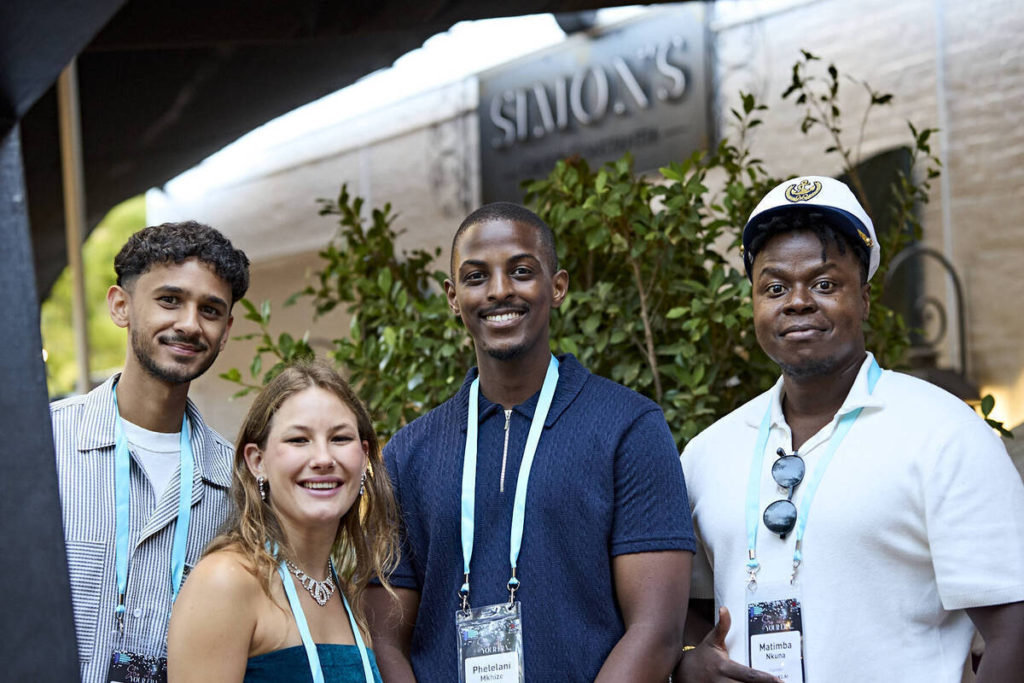BY Nkosazana Ngwadla
Dr Siqiniseko Ndlovu of Nquthu in the Umzinyathi District of KwaZulu-Natal who is currently a postdoctoral Fellow in UKZN’s Occupational Health Discipline was thrilled to graduate with a PhD in Medical Biochemistry.
Co-supervised by the College of Health Sciences’ Dean of Research, Professor Anil Chuturgoon and Dr Terisha Ghazi, her study confirmed that extracts from the Moringa Oleifera Lam plant can reduce the toxicity of highly active antiretroviral therapy (HAART) in the liver (Hepg2) cells of HIV-infected individuals.
Ndlovu said that because antiretroviral (ARV) drugs cannot eliminate HIV, they are a life-long treatment, and their long-term side effects are of significant concern. She noted that South Africa carries the largest burden of HIV infections worldwide and that long-term use of HAART is associated with adverse health outcomes, particularly changes to the metabolic syndrome, nervous disorders and impaired kidney functions through inducing mitochondrial dysfunction, oxidative stress and inflammation. ‘Continuous assessment and improvement of ARV drug formulations without compromising their efficacy is thus essential.’
Ndlovu added that the use of adjuvant or “safe” supplementary medicine is a potential solution. ‘The medicinal plant Moringa Oleifera Lam is considered one of the most important sources of novel nutritionally and pharmacologically bioactive compounds that have been shown to prevent and treat various diseases.’
Her study showed that ARVs [Tenofovir disoproxil fumarate (TDF), Emtricitabine (FTC) and Lamivudin (3TC)] induce oxidative stress and inflammation and that Moringa Oleifera significantly reduces their toxicity. Two articles from the study were published in Multidisciplinary Digital Publishing Institute journals.
‘I am very humbled by this accomplishment. Indeed, our background does not determine our future. I aim to lead by example and create platforms to support young researchers to achieve their dreams, and most of all, encourage them to be innovative and create jobs,’ said Ndlovu. She thanked her supervisors and her family for their support.
She is passionate about improving people’s health. ‘South Africa is a developing country and we face a lot of diseases, but thanks to God we have many medicinal plants. I strongly believe that the use of medical plants is making a significant difference in treating certain diseases or managing the side effects of certain medications. As scientists, we need to optimise these for human pathophysiology.’
Ndlovu is a lover of conversations that shift her perspective for the better and she thus frequently listens to podcasts and reads a lot. ‘I also like sport. I exercise, do yoga and recently started playing tennis.’
Image and source: UKZN












